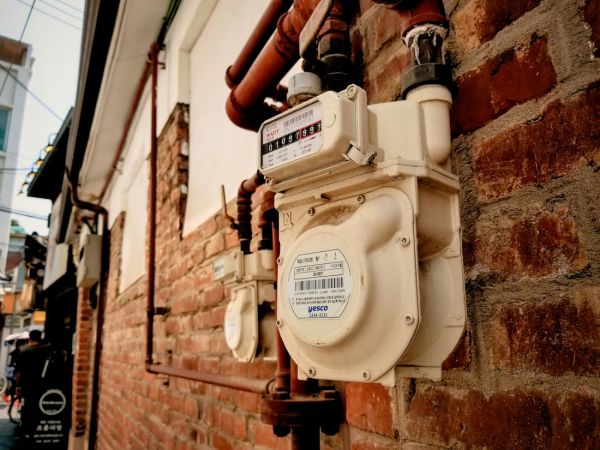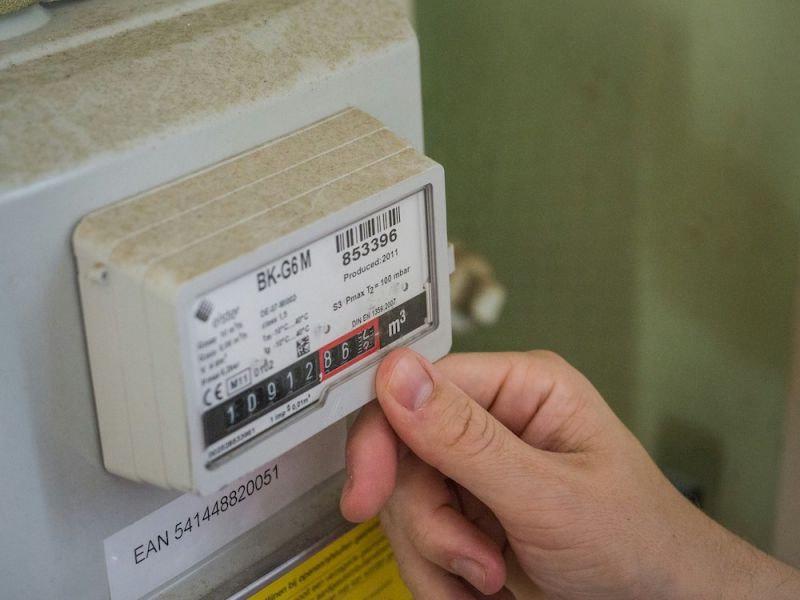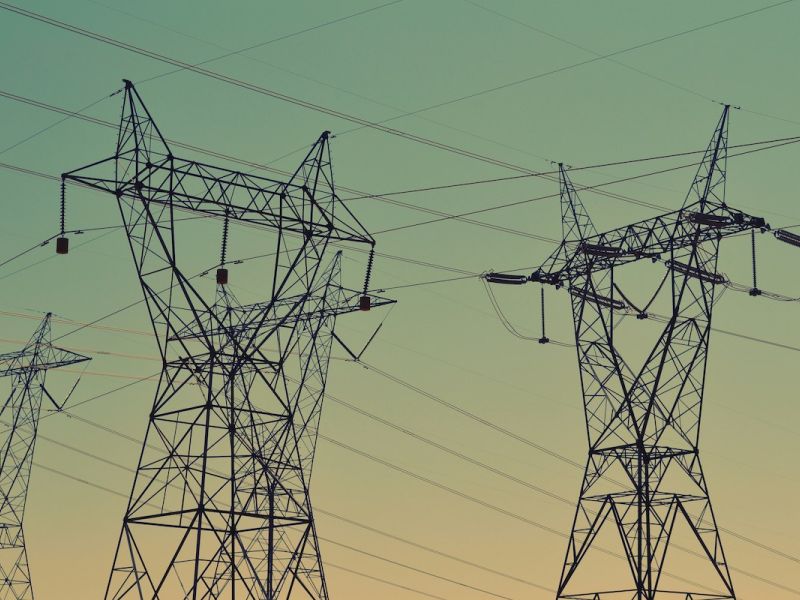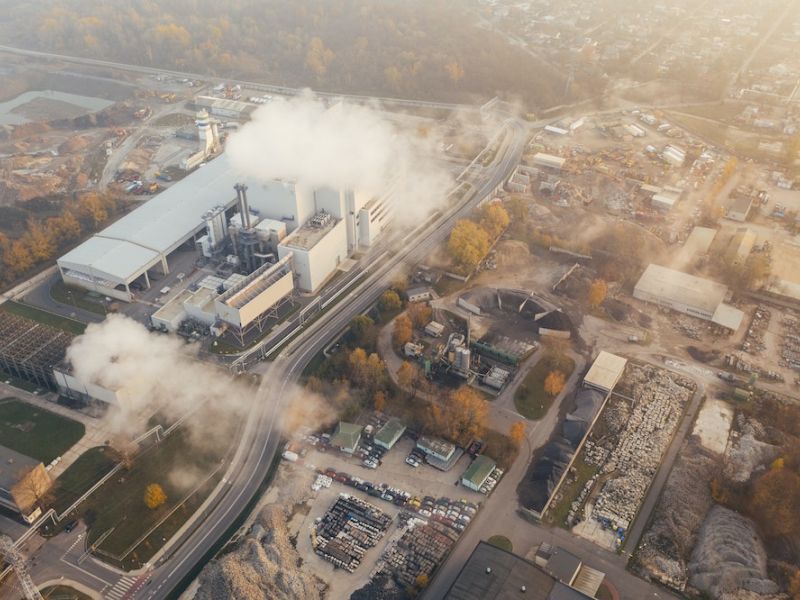
Market Wide Half Hourly Settlement (MHHS)
The introduction of Market-Wide Half-Hourly Settlement (MHHS) by energy regulator Ofgem, offers businesses a chance to update energy practices, reduce costs, and support sustainability goals. Learn how this development affects your business, and how to be prepared for a smooth transition.
What is Energy Metering?
Energy metering tracks and records the amount of electricity used by a home or business. It ensures accurate billing and provides data on energy consumption patterns. There are two main types: non-half-hourly (NHH) meters, which require manual readings, and half-hourly (HH) meters, which automatically record usage every 30 minutes. Advanced meters, like HH meters, provide detailed insights, helping users manage energy more efficiently.
Types of Metering: Difference between Non-Half-Hourly and Half-Hourly Metering
Understanding the difference between non-half-hourly (NHH) and half-hourly (HH) metering is essential to navigating these changes which are summarised in the table below:
|
Non-Half-Hourly (NHH) Metering: |
Half-Hourly (HH) Metering: |
|
|
What Is Market-Wide Half-Hourly Settlement?
Starting in April 2025, new legislation will require all 03 and 04 profile class non-half-hourly (NHH) meters to switch to half-hourly (HH) meters. Over the next two years, roughly 30 million meters across mainland UK (England, Scotland and Wales) will need upgrading. Ofgem predicts that Market-Wide Half-Hourly Settlement (MHHS) will provide UK consumers with electricity usage savings between £1.6 billion and £4.5 billion from 2021 to 2045. MHHS achieves this by sending precise cost readings to energy suppliers. These readings help suppliers understand the costs of serving customers daily, which allows them to improve efficiency and streamline their settlement processes. Ultimately, MHHS will mean lower bills for customers and a more efficient way of working for energy suppliers.
Why is MHHS Being Introduced?
The UK aims to achieve net-zero emissions and build a low-carbon economy. This goal requires greater transparency and efficiency in energy use. MHHS is a key step in this process, NHH require manual meter readings, whereas HH metering are smart, and more data is collected to provide more accurate energy reports and help businesses better understand and manage their energy use. This in turn will enable businesses to reduce their consumption more easily.
What This Means for Businesses
All businesses using NHH meters will be affected by MHHS as they transition to HH metering. Energy suppliers and metering companies will coordinate upgrades to replace existing NHH meters with half-hourly (HH) meters. The metre operator is responsible for the maintenance upkeep and successful data provision of your electricity meter, this is normally in a five-year contract and is chargeable separate and on top of your normal electricity rates. Without direct contracts with metering companies, suppliers may charge higher metering fees to cover the upgrade costs.
Companies with multiple sites may face significant financial impacts due to the number of meters involved in the transition. Proactively appointing a metering company can help secure cost-effective contracts and avoid unexpected charges from suppliers.
At Professional Energy Services (PES), we recommend proactively appointing a metering company before the new legislation takes effect. This ensures you have your metering in place on time and helps you avoid high charges that suppliers may add to their bills.
Benefits of Half-Hourly Metering
It is worthwhile being an early adopter and switching meters ahead of the MHHS deadlines due to the benefits that HH metering can bring your business such as:
-
Understand Your Energy Use
HH metering provides detailed insights into your energy consumption patterns. By analysing this data, you can identify peak usage times and adjust your operations accordingly to optimise energy efficiency. It also helps in discovering unnecessary energy usage. For instance, if your business notices high energy consumption during nights and weekends, it may indicate that equipment or lighting is left on when not needed. Addressing these issues can reduce waste and lower costs. Ultimately, HH metering enables you to make data-driven decisions based on real-time information.
-
Save on Energy Costs
With the granular data from HH metering, you can strategically shift your energy usage to take advantage of off-peak rates, resulting in cost savings. This detailed consumption data also strengthens your position when negotiating terms with energy suppliers, potentially securing better deals. By identifying and eliminating inefficient energy use, you further reduce expenses and improve your bottom line.
-
Improve Energy Management
Precise data from HH metering allows you to set realistic and achievable energy targets. You can track your progress over time, monitoring how effective your energy-saving initiatives are. By adjusting your energy use to align with your operational needs, you optimize both efficiency and performance, leading to better energy management overall.
-
Support Sustainability Goals
Using energy more efficiently not only reduces costs but also lowers your carbon footprint by decreasing emissions. HH metering enables you to adjust your energy use to times when renewable energy sources are more available. For example, shifting heavy machinery operations to midday when solar energy production peaks allows you to utilise more renewable energy, thereby reducing carbon emissions. Demonstrating a commitment to sustainability can also enhance your reputation with customers and partners who value environmental responsibility.
-
Future-Proof Your Business
Adopting HH metering prepares your business to meet new regulatory requirements seamlessly, ensuring compliance with evolving industry standards. Embracing this technology keeps you ahead of the curve, allowing you to adopt new innovations and stay aligned with emerging market trends. By positioning yourself as a forward-thinking leader, you gain a competitive edge in the marketplace.
Actionable Steps to Prepare for MHHS
To ensure a smooth transition to Market-Wide Half-Hourly Settlement (MHHS), follow these key steps:
Audit Your Current Meters
Review your existing meters to confirm their compliance with upcoming regulations. Identify which meters need upgrading and prioritize them based on factors like location and usage levels.
Assess the Financial Impact
Evaluate how the changes will affect your operational budget, including potential costs and savings. Consider both the upfront costs of meter upgrades and the long-term benefits of improved energy efficiency.
Develop a Transition Plan
Create a detailed strategy to manage the transition smoothly. Incorporate new data insights to optimize energy use and set realistic timelines for meter installations and system updates.
Appoint a Trusted Metering Company
Contact reputable metering companies now to secure cost-effective contracts and avoid disruptions. A direct contract can help you control costs and ensure timely meter upgrades.
Communicate with Your Team
Inform your staff about the upcoming changes to ensure everyone is prepared. Provide training if necessary to help your team understand how to utilize new energy data effectively.
Upgrade Your Data Management Systems
The transition to HH metering results in a substantial increase in data, as energy consumption is recorded every 30 minutes. Assess your current data management capabilities and invest in updated systems or software if necessary. Upgrading your data infrastructure will enable you to handle the influx of information efficiently and leverage detailed consumption data effectively.
Train Your Team to Interpret Energy Data
Understanding and utilizing the complex data provided by HH meters can be challenging without the necessary expertise. Provide training for your staff or partner with energy consultants to help interpret the data. Empowering your team with these skills ensures that your business can fully capitalize on the detailed information provided by HH meters, leading to improved efficiency and cost savings.
How PES Can Help
With over 40 years of experience in the UK energy markets, Professional Energy Services are here to help your business make the switch to half-hourly metering smoothly. We offer personalized advice on metering strategies, making it easier for you to comply with new regulations and discover ways to save money. Contact us to speak to a member of our team who can ensure a smooth transition for your business.
FAQ
While there may be initial costs for upgrading to half-hourly (HH) metering and the voltage it requires. the detailed energy usage data can help you identify inefficiencies and reduce consumption. Over time, this can lead to lower electricity bills despite the upfront expenses
Check your electricity bill or the meter itself for the profile class number. If it’s classified as profile class 03 or 04, it’s a non-half-hourly (NHH) meter that will need upgrading. You can also contact your energy supplier or a metering company like PES to confirm your meter’s status.
If your business does not upgrade to HH metering as required, you may face penalties or higher charges from your energy supplier. Non-compliance could also lead to billing inaccuracies and missed opportunities for cost savings and efficiency improvements. It’s important to comply with the regulations to avoid these potential issues.
HH meters provides detailed energy usage data for each site, allowing you to identify patterns, track inefficiencies, and optimize energy use across your portfolio. With this granular information, you can compare site performance, adjust operations to reduce costs, and negotiate better energy contracts tailored to your multi-site needs.
No, MHHS only affects mainland UK and Northern Ireland is unaffected as they use a different metering system to the rest of the UK.
Related Posts

Understanding MPAN and MPRN Numbers on Energy Meters

Non-Commodity Electricity Charges – DUoS and TNUoS Explained
